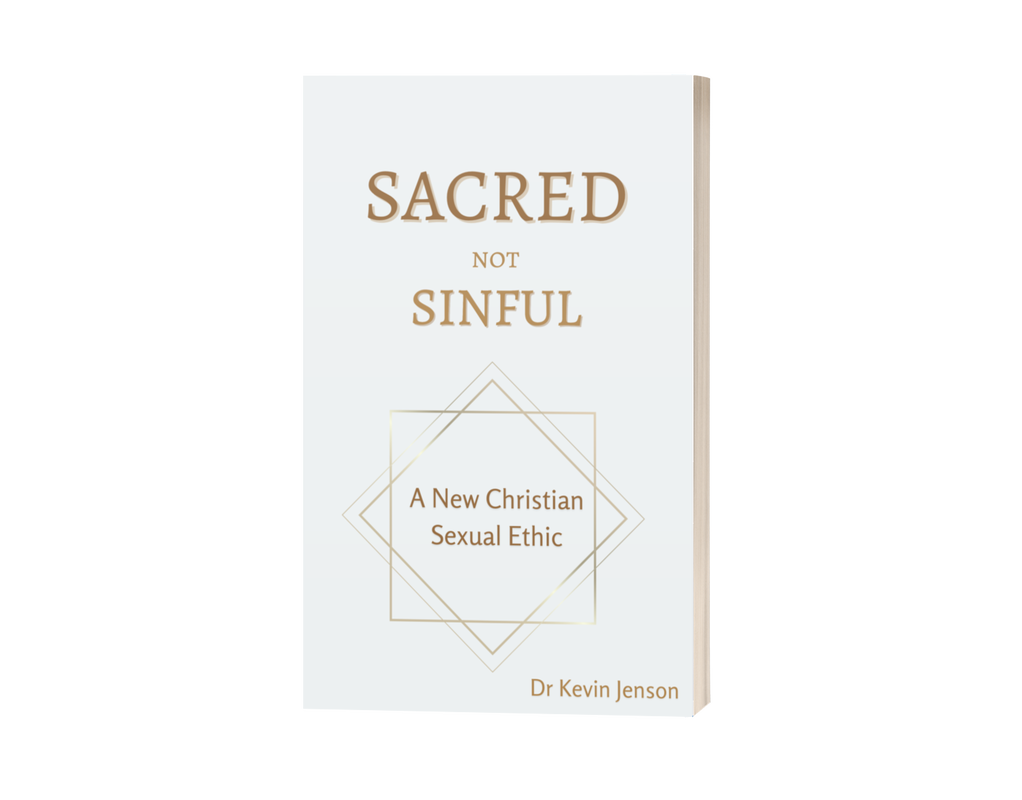helping you get there |
It all begins with a question...?
|
Henry Ford once said, “If you think you can, or you think you can’t, you are right!”
Listen When it comes to building websites, writing books, and creating transformative learning experiences, there are often more questions than answers. I can help you narrow in on the right questions to ask and then sort through the information that we find to create a clear vision of where you are trying to go! Love Love is the most powerful creative force in the universe. When you have a clear vision, it is easy to find creative ways of bringing it to life. Lead When I first started this company it was with the idea that you are the person who has the best answer for your question, the best solution for your problem, the best idea for your dissertation, website, or business model! All I need to do is help you access what you already know and give you the tools you need to bring it to life. |
The extent to which you fulfill your vision is the extent to which you can inspire others toward it. Stake your claim on the future and decide how tomorrow is going to be. |
